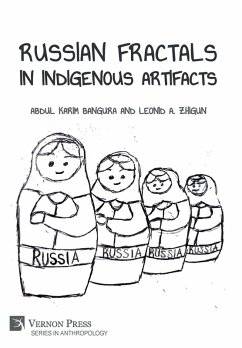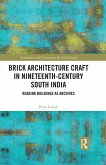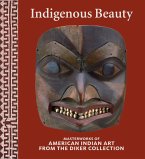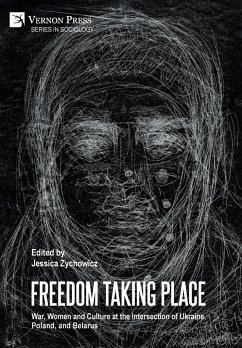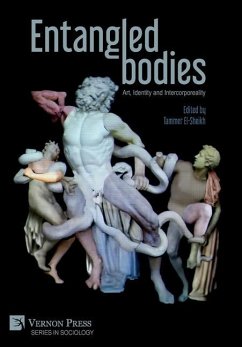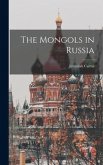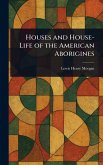This book is the first comprehensive work on Russian Fractals in indigenous artifacts. While existing works focus on universal phenomena, such as liquid crystal or finance, none explore the intersection between Fractals and Russia. 'Russian Fractals in Indigenous Artifacts' therefore investigates how indigenous Russian cultures have a wonderful Fractal heritage that was originally tied to socially just and ecologically sustainable social practices, including those of indigenous northern groups such as the Yakut. Fractal designs originally allowed unalienated value, both human and nonhuman, to be visible, thereby enabling just and sustainable living. This book also examines how the tsarist elite encouraged the creation of unique creative masterpieces, developing and strengthening traditional crafts and art of indigenous people-hence, Fabergé, or imperial architecture. Today, the challenge for contemporary Russia is to reestablish the relationship between the social and ecological sustainability of indigenous cultures and practices, for which we can now provide modeling and analysis. Lay attempts at this have only limited success, as they have based the attempts on a purely religious basis, which recognizes the ecological aspects but often succumbs to authoritarian nationalism. However, the freely accession of indigenous peoples to Russia for the sake of national liberation has had a positive effect on enriching them with spirituality and creativity by Fractal artifacts through friendly exchanges with one another. In 'Russian Fractals in Indigenous Artifacts, ' Bangura and Zhigun express why there is a need for a forward-thinking Fractal renaissance in Russia, bringing together contemporary computational and scientific analyses with these ecologically and socially sustainable traditions.
Bitte wählen Sie Ihr Anliegen aus.
Rechnungen
Retourenschein anfordern
Bestellstatus
Storno

